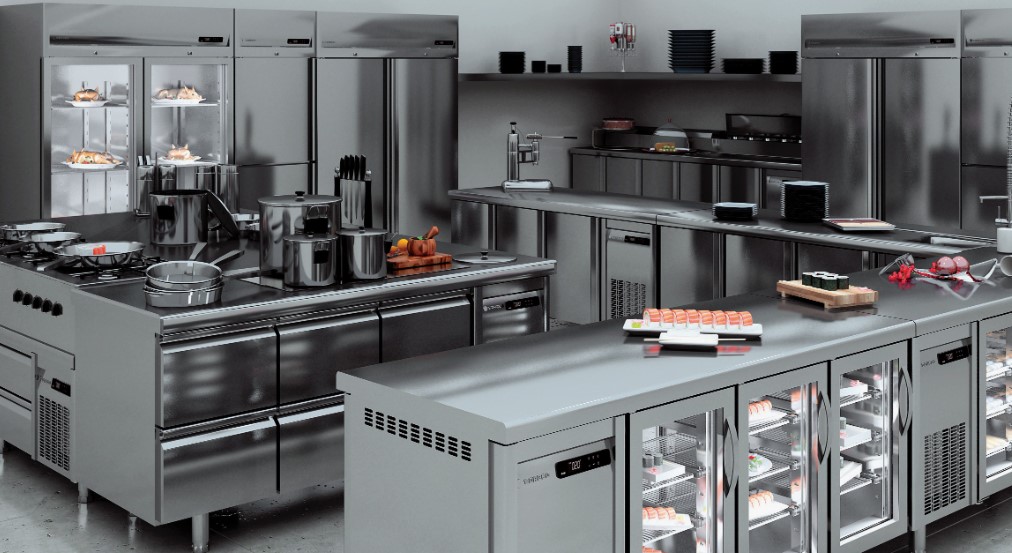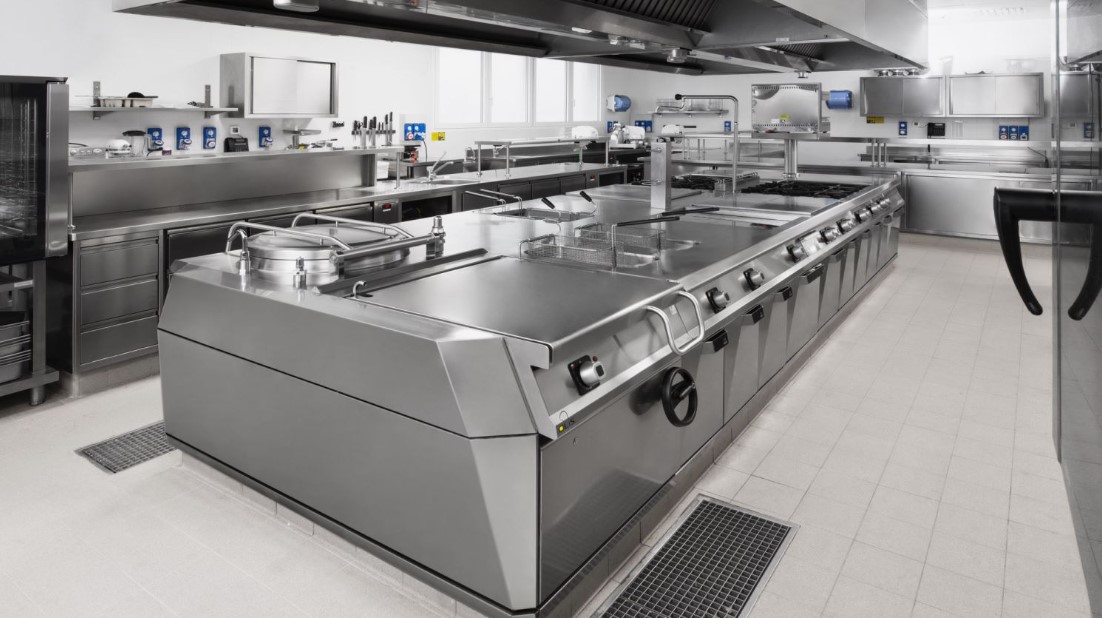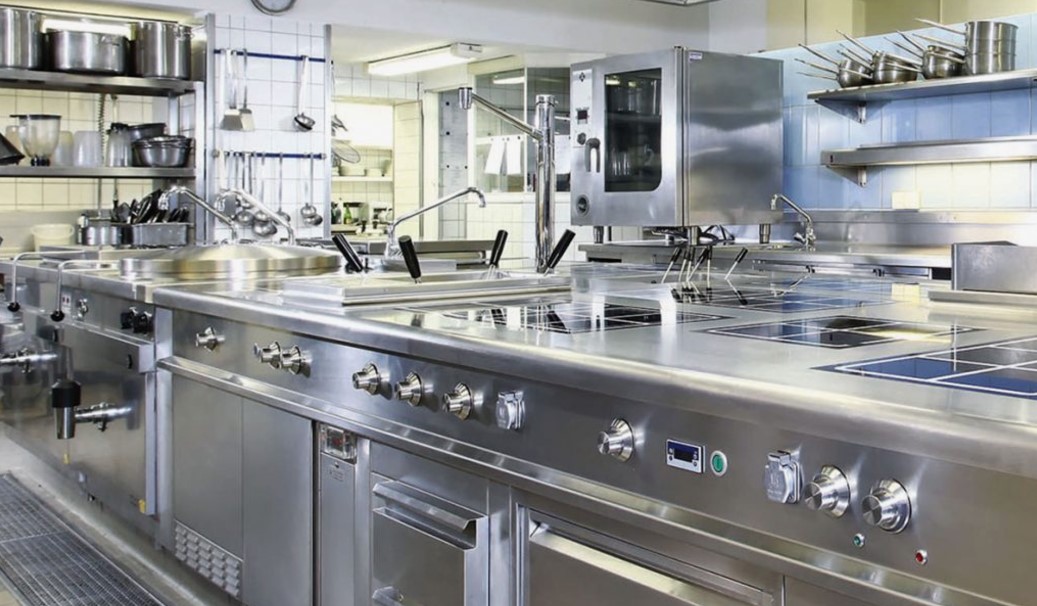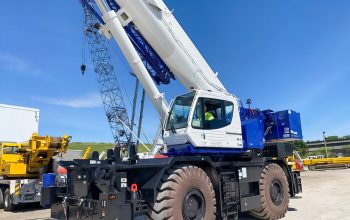Dubai’s fine dining industry has witnessed a remarkable evolution, adapting to an ever-growing demand for efficient service and high-quality culinary experiences. Central to this transformation is the integration of multi-functional kitchen equipment, which has become a valuable asset in high-end restaurants. With advanced culinary tools and compact, versatile machinery, Dubai’s chefs are now empowered to deliver varied and complex menus with precision, efficiency, and speed. This article explores the growing role of multi-functional equipment in Dubai’s fine dining kitchens, examining its impact on operational effectiveness and culinary output, alongside considerations that restaurant owners should weigh when investing in this advanced equipment.
Why Multi-Functional Kitchen Equipment is Transforming Dubai’s Fine Dining
Dubai’s culinary market has seen a consistent rise in demand for diverse, high-quality food. According to data from the Dubai Statistics Center, the hospitality and food services sectors continue to grow, fueled by the city’s international appeal. Multi-functional kitchen equipment offers these fine dining establishments a way to meet rising expectations. By combining several functions into a single machine, multi-functional restaurant equipment allows chefs to perform multiple cooking techniques—such as grilling, steaming, and baking—without switching devices. This results in optimized kitchen workflows, faster service, and reduced labor costs, all of which are critical in Dubai’s competitive dining landscape.
Space Optimization in High-Demand Kitchens
Space optimization is a pressing challenge for restaurants in densely populated urban areas. In Dubai, where space is both a premium and a constraint, multi-functional equipment serves as a viable solution. Traditional kitchen setups require several individual machines, which can occupy significant floor space. By integrating different functionalities into one unit, such as a combi-oven that can steam, bake, and grill, kitchens can free up essential workspace. This enables efficient movement within confined spaces, allowing chefs to focus on food preparation rather than maneuvering around bulky equipment. Consequently, restaurants are able to maintain a streamlined environment without compromising productivity or output.

Enhanced Efficiency in Food Preparation and Service
Time efficiency is critical in the fine dining industry, especially during peak hours. Multi-functional equipment reduces the need for multiple machines, thereby cutting down on preparation time and minimizing the chance of human error. For instance, advanced equipment such as combi-ovens, multi-cookers, and programmable steamers allow chefs to cook several dishes simultaneously at different temperatures and settings. This leads to faster cooking times, improved order consistency, and reduced wait times for diners. These time savings are particularly valuable in Dubai, where guests often expect quick, high-quality service as part of their dining experience.
Cost Savings and Labor Efficiency
In a region where labor and operational costs are high, multi-functional equipment helps reduce overheads by minimizing the number of appliances required. Fewer machines mean lower energy consumption, fewer repairs, and reduced maintenance expenses. With equipment that can perform several functions, restaurants may also find they require fewer specialized staff members, as one employee can handle multiple cooking tasks with ease. This is particularly advantageous in fine dining establishments, where highly skilled chefs are costly and difficult to recruit. For restaurant owners, the initial investment in multi-functional equipment often translates into substantial long-term savings.
Flexibility to Accommodate Diverse Menus
Dubai’s fine dining scene is known for its multicultural cuisine, catering to a diverse population and an international clientele. Multi-functional kitchen equipment enables restaurants to offer a wide variety of dishes with ease, accommodating specific cooking techniques from different cuisines without needing separate equipment for each type. For instance, a single multi-cooker can handle traditional Arabic slow-cooked stews, fast-grilled meats, or steamed Asian dishes. This flexibility is essential for chefs looking to diversify their menus, allowing them to cater to the city’s eclectic tastes and maintain customer interest by frequently updating their offerings.
Improved Food Consistency and Quality
Consistency in food quality is crucial in fine dining, where patrons expect dishes to be flawless on every visit. Multi-functional equipment is typically automated or programmable, allowing chefs to preset cooking conditions, ensuring uniform results each time. Advanced technology also provides chefs with precise control over cooking temperatures and timings, reducing the risk of overcooking or undercooking. In turn, this enables restaurants to uphold high standards consistently, which is a key factor in customer satisfaction and retention within the fine dining sector.
Reducing Equipment Downtime and Maintenance Costs
Multi-functional equipment is designed to be durable, requiring less frequent maintenance and repair compared to multiple single-use machines. By consolidating functions, these devices often come with integrated self-cleaning and diagnostic features, allowing for quicker servicing and reduced downtime. This is a notable advantage in Dubai’s fine dining environment, where the loss of equipment during peak hours can significantly impact service quality. With efficient maintenance protocols and minimized disruptions, restaurant operations can continue smoothly, and owners can avoid the costly repercussions of prolonged equipment downtime.

Key Considerations When Investing in Multi-Functional Equipment
Despite the clear advantages, selecting the right multi-functional equipment involves careful assessment. Restaurant owners need to evaluate factors such as kitchen layout, menu requirements, and staff expertise. It is essential to choose equipment that aligns with the restaurant’s specific needs rather than opting for overly complex machinery that may go underutilized. Additionally, understanding the machine’s energy requirements and assessing its compatibility with Dubai’s energy regulations is crucial. Consulting with kitchen equipment specialists and experienced chefs can help restaurants make informed investment decisions that will serve them well in the long term.
Leading Examples of Multi-Functional Equipment in Dubai’s Fine Dining Kitchens
Several types of multi-functional kitchen equipment have gained prominence in Dubai’s fine dining establishments:
Combi-Ovens: Combining steaming, baking, and grilling capabilities, combi-ovens allow chefs to execute various cooking techniques within a single unit.
Multi-Cookers: These appliances are particularly useful for fine dining restaurants that offer diverse menu items, as they can handle a wide range of dishes, from slow-cooked meats to rapidly sautéed vegetables.
High-Speed Blenders: Essential for restaurants offering purées, sauces, and soups, high-speed blenders deliver smooth, consistent textures.
Programmable Steamers: These are ideal for preparing delicate ingredients, as they offer precise temperature control without direct heat.
Dubai’s kitchen suppliers offer various models tailored to meet the demands of the fine dining industry, ensuring restaurants have access to quality, durable equipment.
How Multi-Functional Equipment Supports Dubai’s Position as a Culinary Hub
Dubai’s culinary landscape has established itself as a global destination for fine dining, attracting both international chefs and discerning food enthusiasts. Multi-functional kitchen equipment is a critical component in sustaining this reputation, as it empowers chefs to innovate, optimize processes, and maintain consistently high standards. By enabling fine dining establishments to enhance operational efficiency and culinary output, these advanced tools support Dubai’s mission to deliver unique and memorable dining experiences that meet international expectations.
The Future of Multi-Functional Equipment in the UAE’s Fine Dining Sector
The UAE’s dining industry continues to evolve, and the demand for efficient, compact, and versatile equipment will likely grow in tandem. As technology advances, it is expected that multi-functional equipment will become even more sophisticated, offering expanded capabilities and greater ease of use. With Dubai’s commitment to excellence in hospitality, the role of multi-functional kitchen equipment is anticipated to increase, setting a high standard for the global fine dining industry.
In conclusion, the rise of multi-functional kitchen equipment has had a profound impact on Dubai’s fine dining scene. From improved efficiency and cost savings to greater culinary flexibility, this advanced equipment addresses the unique needs of Dubai’s competitive hospitality market. Restaurant owners and chefs who invest in these innovative solutions are better equipped to meet the demands of discerning diners, positioning themselves at the forefront of a dynamic and rapidly evolving industry. As Dubai’s fine dining scene continues to flourish, the adoption of multi-functional equipment will undoubtedly play a pivotal role in shaping its success.

Cyclist, follower of Christ, ukulelist, Mad Men fan and Guest speaker. Operating at the fulcrum of aesthetics and elegance to craft meaningful ideas that endure. I work with Fortune 500 companies and startups.



